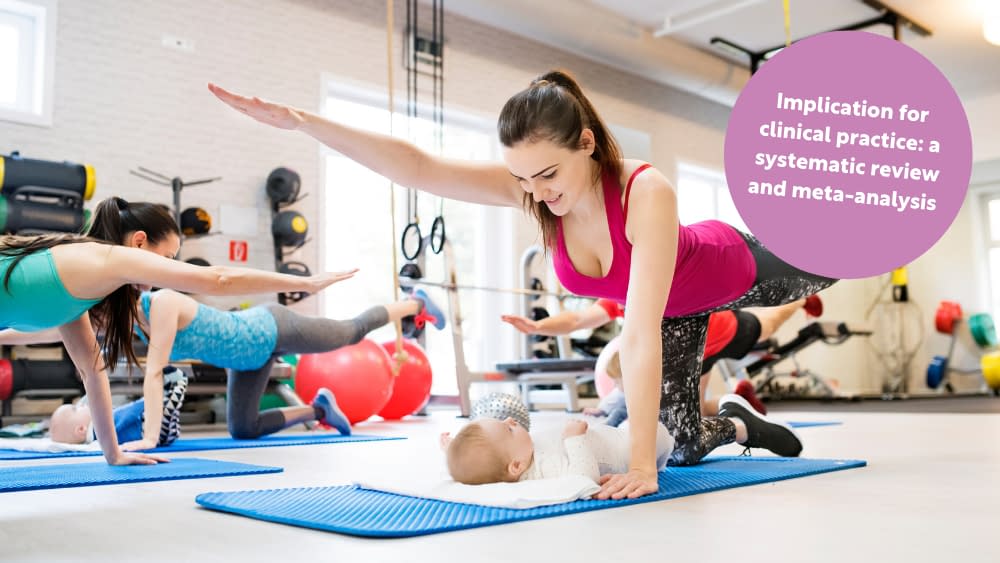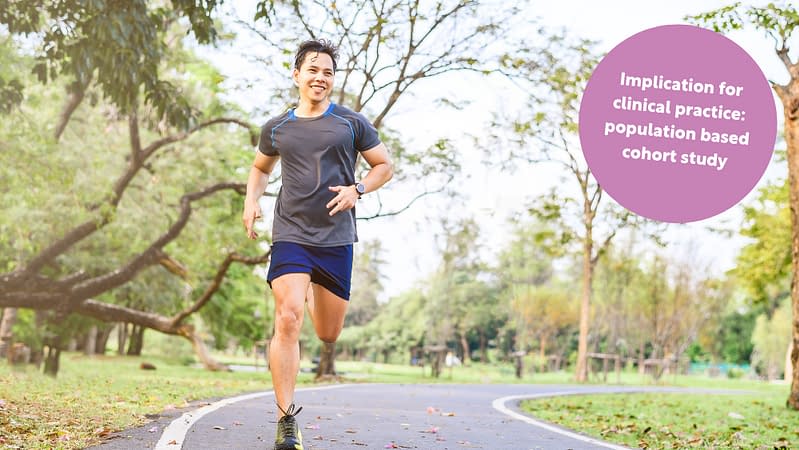Encourage tailored exercise interventions for core and trunk strengthening in postpartum women with lumbopelvic pain (LBPP) based on pain severity, disability level and postpartum recovery stage.
Have a holistic multidisciplinary approach working alongside obstetricians, midwives and pain specialists to implement evidence-based postpartum rehabilitation programmes.
Address kinesiophobia by promoting graded exposure to movement and confidence in physical activity.
Context
To assess the effectiveness of postnatal exercise interventions in reducing musculoskeletal pain, specifically low back pain (LBP), pelvic girdle pain (PGP) and lumbopelvic pain (LBPP).
Evaluate the impact of exercise on related disability and kinesiophobia in postpartum individuals.
Methods
- Study selection: 37 studies including 3769 postpartum participants from 15 countries were selected using systematic search of multiple databases until January 2024.
- Interventions: Various muscular strengthening exercises targeting the trunk and core muscles, either alone or combined with other treatments in comparison to no exercise or different exercise types.
- Outcome Measures: Severity of LBP, PGP, LBPP related disability, bodily pain and kinesiophobia.
Results
- Exercise only interventions significantly reduced LBPP severity by 2.21 points on a 0-10 visual analog scale (VAS).
- Exercise also led to a large reduction in disability associated with LBPP and similar positive effects were noted for bodily pain in postpartum individuals.
- There was limited and inconclusive evidence on whether exercise reduces kinesiophobia.




